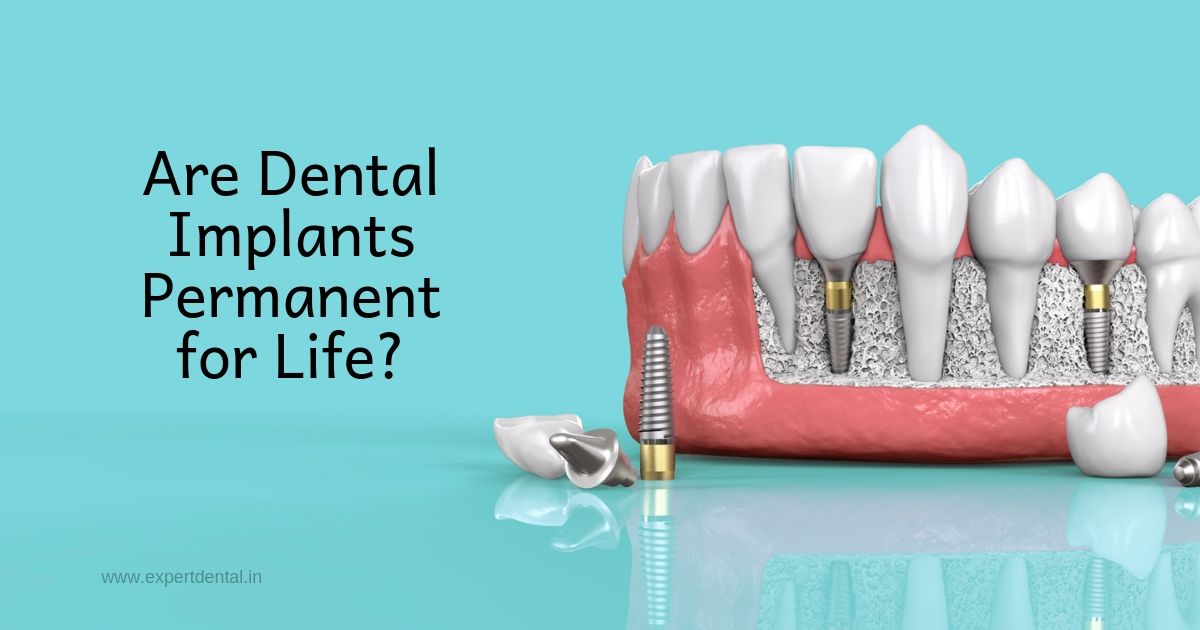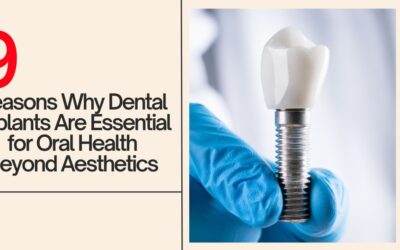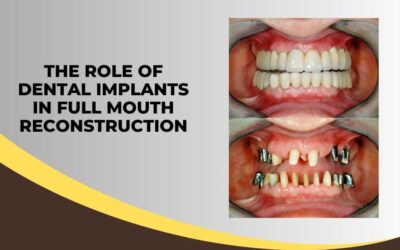Dental implants serve as an excellent choice for a person looking for long term tooth replacement options. But how long does a dental implant last? The life of a dental implant mainly depends upon the patient’s lifestyle and overall dental care that the patient provides after the implant surgery. Failure of implants due to rejection or functional issues has been reduced to a bare minimum by newer implant technologies.
A dental implant is basically a component or fixture with three components. The lower component consists of a titanium screw. This lower component evidently fixes into the jaw bone. The middle component termed an “abutment” serves as a connector between the lower titanium screw and the upper component that holds such fixtures like crown, bridge, or dentures. Usually, the abutment and the crown which are exposed regions are more susceptible to damage due to trauma than the implant itself.
How does a Dental Implant last?
Properly maintaining your implant by regularly brushing, flossing and regular dental check-ups can make your dental implant last for a lifetime. However, the same cannot be said for the crown. Over the years, the crown is susceptible to wear and tear. With moderate care, your crown can last over 15 years before needing replacement. With good care and proper oral hygiene can make the crowns last for more than 15 years before needing a replacement.
What are the causes of Dental Implant failure?
- Dental Implant failure can be caused by a variety of reasons. Short term implant failure is caused due to improper ‘osseointegration’ or fusion of the implant with the underlying jaw bone. Improper osseointegration can be caused due to uncontrolled diabetes, chronic smoking, or associated low bone density, etc.
- Poor oral hygiene can make you susceptible to infection and gum diseases which put you in a risk of dental implant failure.
- Long term implant failure is primarily caused by peri-implantitis. Peri-implantitis is a chronic gum infection that can eventually lead to the loss of bone surrounding the implant. This, however, happens only if the patient has poor oral hygiene and habits.
So actually speaking a well laid dental implant can last longer if the patient maintains proper oral hygiene.




